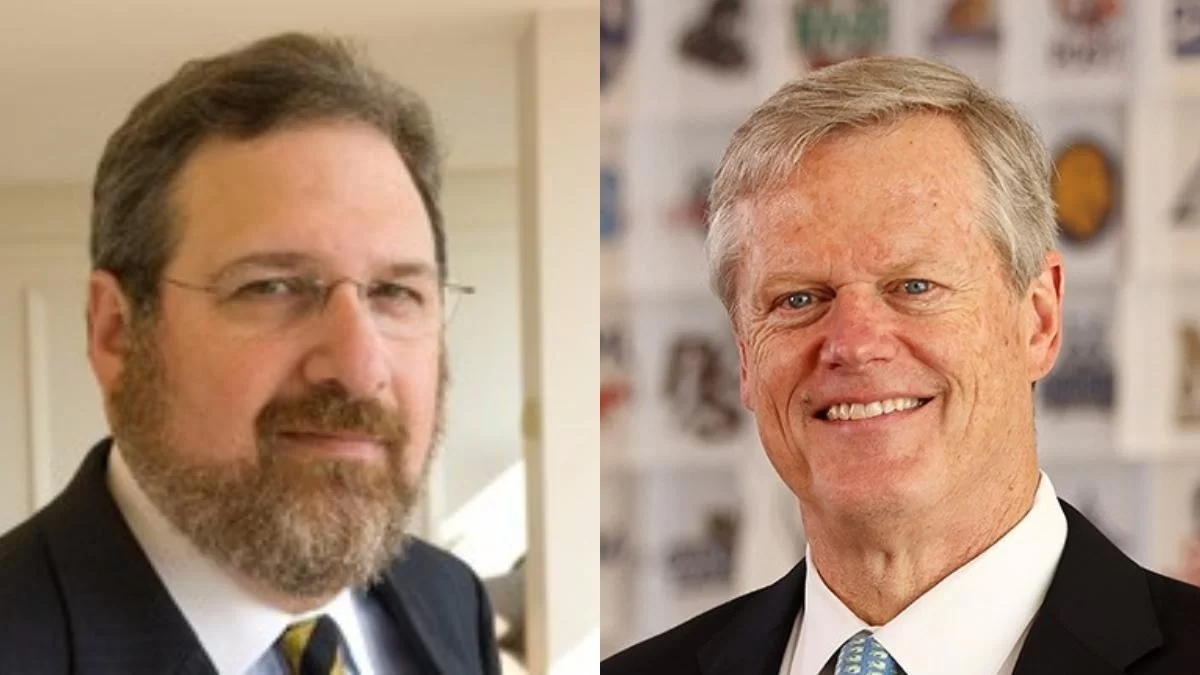Robert Bork Jr., president of the Antitrust Education Project, stated that the National Collegiate Athletics Association’s (NCAA) attempts to impose restrictions and penalties on the ability of student athletes to compete and earn are "unfair." The NCAA is currently grappling with legal challenges in the form of two multi-state lawsuits over their policies related to student athlete’s name, image, and likeness (NIL).
"It is unfair for the NCAA to apply such restrictive rules with tough penalties on college athletes while the sky's the limit for universities earning up to hundreds of millions of dollars a year from their programs," said Bork Jr. "It makes no sense to enforce such generous rules for the wealthy institutions and such restrictive rules for the student-athletes, many of them from disadvantaged backgrounds. To quote Justice Kavanaugh, ‘that seems entirely circular and even somewhat disturbing.'"
As reported by USA Today, the NCAA recorded nearly 1.3 billion dollars in revenue in 2023–the highest in the organization’s history and an increase of almost $150 million over its 2022 revenue.
The attorneys general of Tennessee and Virginia have sued the NCAA for alleged violations of federal antitrust laws due to "anticompetitive restrictions" on the ability of student-athletes to benefit from their NIL, according to a press release from Jonathan Skrmetti, attorney general of Tennessee.
A release from Skrmetti's office revealed that despite a ruling from the Supreme Court that found that the NCAA had violated antitrust law by restricting the earnings of student athletes, the NCAA still prohibits prospective athletes from negotiating with collectives or reviewing NIL offers prior to enrolling to consider their scope and benefits.
In addition to the NIL lawsuit, a press release announced that the U.S. Department of Justice (DOJ) recently joined a civil antitrust lawsuit filed by 10 states and the District of Columbia against the NCAA. The suit alleges that NCAA rules, which limit a student athlete’s eligibility to participate in sports if they make more than one transfer during their college career, constitute an unreasonable restriction.
According to the release from the DOJ, shortly after this suit was filed, the court found that the NCAA’s transfer eligibility rule likely violates Section 1 of the Sherman Antitrust Act.
Bork, Jr. serves as the president of the Antitrust Education Project. The son of the late Judge Robert Bork, Sr., he served as a Herbert J. Davenport Fellow in Business and Economic Journalism at the University of Missouri School of Journalism, as an aide to U.S. Sen. Gordon Humphrey (R-N.H.), and as a special assistant for U.S. Trade Representative Carla Hills.

